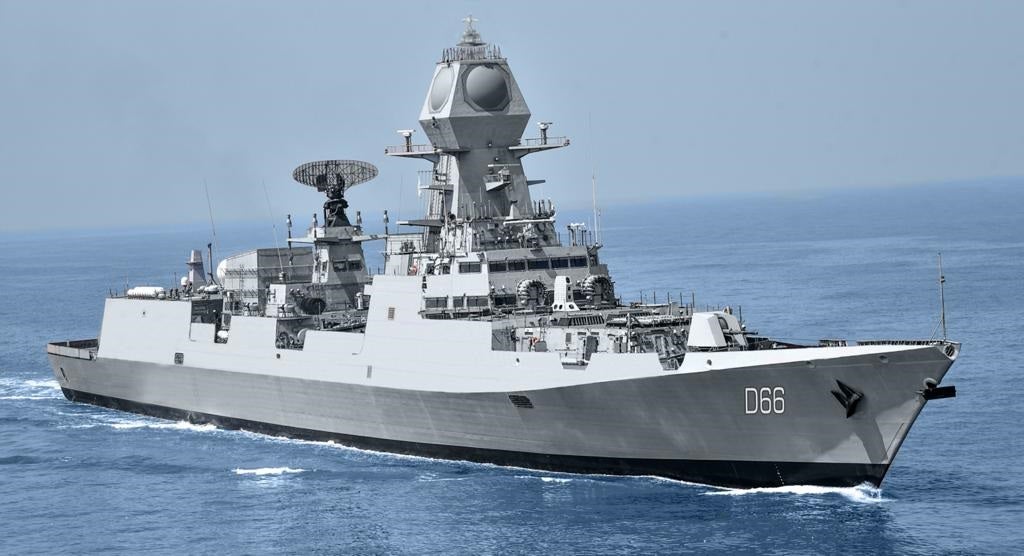SOURCE: AFI

The Indian Navy stands at a critical juncture, requiring significant capacity building to meet the evolving maritime security challenges. The need for a robust naval force is underscored by the increasing geopolitical tensions, the strategic importance of the Indian Ocean Region (IOR), and the imperative to safeguard national interests. This article delves into the necessity for enhancing the Indian Navy’s capabilities, the current challenges it faces, and the strategic steps needed to bolster its operational readiness.
The Indian Ocean Region is a crucial maritime expanse, pivotal to global trade and energy flows. With major sea lanes of communication (SLOCs) passing through this region, the security of these waters directly impacts India’s economic and strategic interests. The Indian Navy’s role in ensuring the freedom of navigation, deterring piracy, and protecting maritime assets is indispensable.
Despite its strategic importance, the Indian Navy faces several challenges that hinder its operational effectiveness:
- Aging Fleet: A significant portion of the Indian Navy’s fleet comprises aging ships and submarines, necessitating frequent maintenance and reducing operational availability.
- Technological Gaps: There is a need for advanced technology integration, including modern sensors, weapons systems, and electronic warfare capabilities, to keep pace with potential adversaries.
- Limited Indigenous Production: The indigenous defense manufacturing sector has struggled to meet the Navy’s requirements, leading to dependence on foreign acquisitions which are often delayed and costly.
- Budget Constraints: Financial limitations have impacted the Navy’s modernization plans, delaying the acquisition of critical platforms and systems.
- Manpower and Training: Ensuring a skilled and adequately trained workforce is essential for operating and maintaining advanced naval systems.
Effective policy-making and governance play a pivotal role in the capacity-building process. The government must ensure timely allocation of resources, streamline procurement processes, and provide strategic direction. Regular assessments of the maritime security environment and aligning naval strategies with national security objectives are also imperative.
The Indian Navy’s capacity building is not just a strategic necessity but a national imperative. As the maritime domain continues to evolve with new challenges and opportunities, a robust and capable navy will be crucial in safeguarding India’s interests.